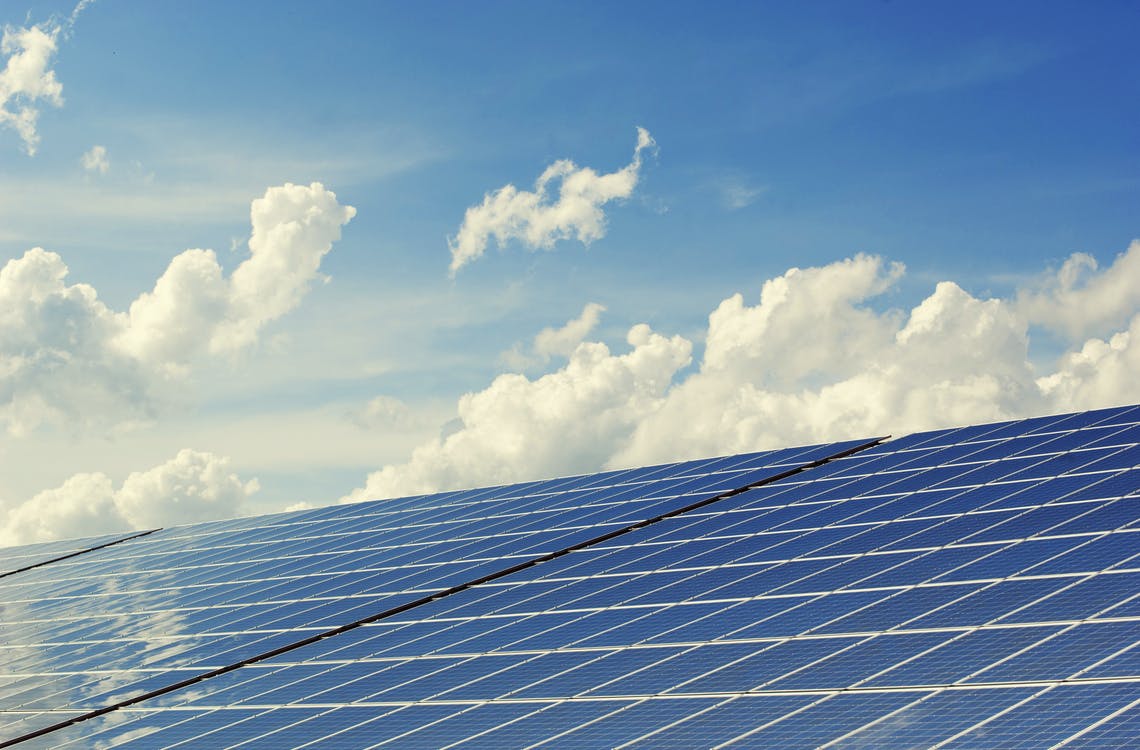Not so long ago, solar power was something of a dream for those who were ahead of the curve in the environmental movement.
It appeared to be an option for the wealthy and for those who had committed themselves to environmentalism.
The idea that we could heat our homes and generate electricity from little more than sunshine seemed like a utopian ideal.
However, as the real and immediate effects of global warming are felt around the world in everything from droughts to mega-hurricanes, the implementation of solar power is now a feature of global policy and economics; it’s part of a combination of renewable energy sources which eliminate the use of fossil fuels that drive global warming.

Solar power has been steadily on the rise around the world, and as fossil fuels become increasingly scarce, we can expect to see solar power increasingly adopted.
Solar Power On The Rise
The surge in interest across the globe in solar power has largely been in response to the problem of carbon emissions and global warming. Solar power and other renewable sources of energy are the best ways to reduce carbon emissions and greenhouse gases.
As a direct result, global use and implementation of solar technology has been on a steady rise since the early 2000s. Solar is now the fastest rising source of renewable energy in the world, reaching about 1% of the total energy produced globally.
Read more: IQS Directory